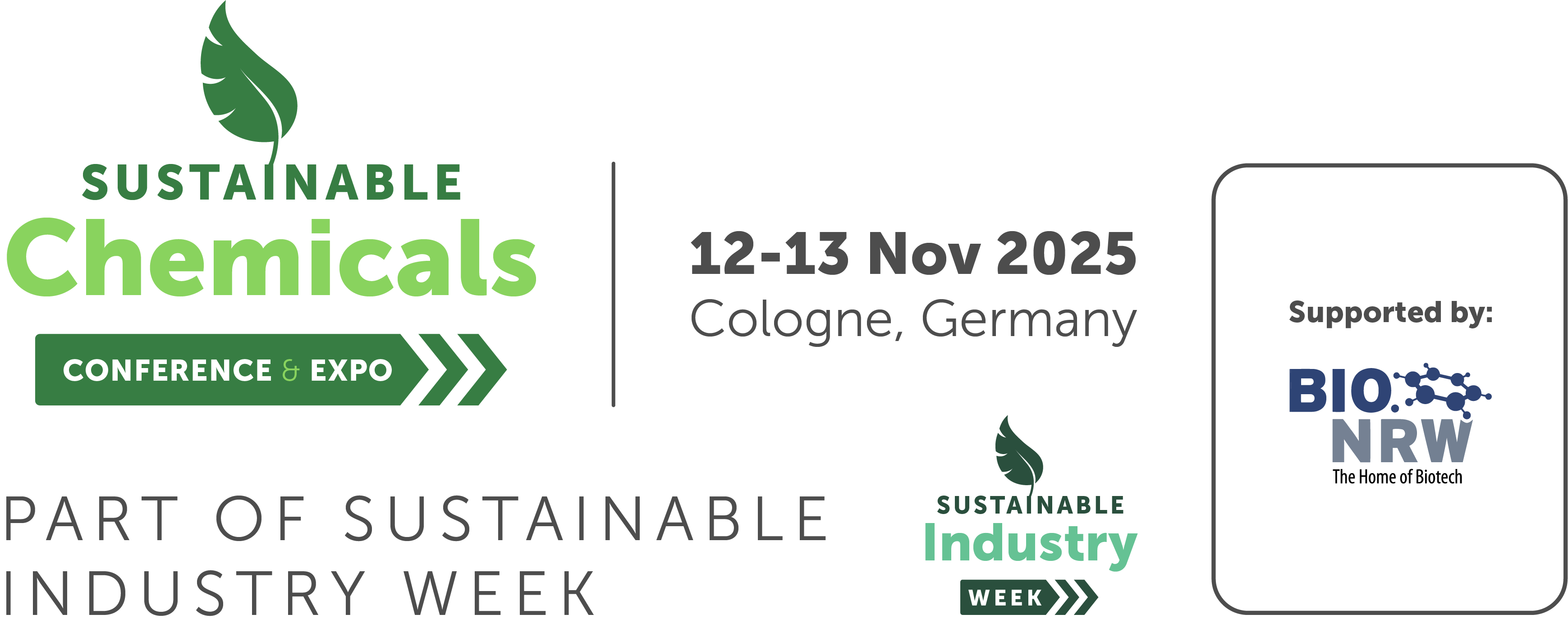Download The Official Event App
Print Your Conference Scheduler In Advance




Day 1 > Wednesday 13 November 2024
The European Union, within the framework of the Green Deal, has been promoting a series of policies on plastic as part of the Circular Economy Action Plan. These policies aim to facilitate the transition to a more circular economic model by promoting innovative and sustainable business models, products, and materials. In this context, biodegradable and compostable plastics are presented as an alternative to conventional plastics in specific applications and as a tool in the fight against plastic waste.
To strengthen the role of biodegradable and compostable plastics within circular economy and sustainability policies, progress has been made at the legislative level. For instance, Directive (EU) 2015/720 recognises the European standard EN 13432 as valid for determining the final acceptance criteria for packaging recoverable through industrial composting, although work needs to be done on the standard for home compostable packaging.
The European Commission announced the publication of a policy framework on the environmental benefits offered using bio-based, biodegradable and compostable plastics; therefore, these legislative measures will accelerate the transition towards the use of these materials. In this line, the proposal for a Regulation of the European Parliament and of the Council on packaging and packaging waste, opens the possibility for mandatory compostability requirements for coffee capsules and tea bags. While Regulation (EU) 2019/1009, which lays down rules on the marketing of EU fertilizing products, includes biodegradation criteria in soil and water as mandatory for the marketing of controlled-release coatings and water-retaining polymers, with the aim of counteracting the pollution caused by persistent microplastics in natural environments.
In this context, this work aims to promote the environmental benefits of these products through terminology and understanding of the biodegradation and compostability process and the various factors involved. In addition, the various end-of-life scenarios for biodegradable and compostable products are presented, focusing on compliance with relevant certifications and eco-labels as an appropriate means to ensure the environmental benefits of these products. Indeed, there is currently confusion among consumers, leading to deficiencies in plastic waste management and recovery systems.
This workshop is tailored for industrial designers, eager to enrich their toolbox with the right terminology when it comes to sustainability and circular economy.
When starting the concept phase of a new product - which materials to consider? What eco-design principles should be practiced?
How can you stay on top of things in this ultra-complex theme? A hands-on session awaits you.
Chemicals are at the base of nearly every supply chain and critical for our everyday lives. But the chemical sector is also responsible for about 6% of global greenhouse gas emissions with heavy reliance on fossil feedstock. To reduce emissions and connect the value chain from end-to-end, enabling end-of-life materials to become new products, we need collaborative innovation. Learn how the Global Impact Coalition is bringing together leaders from the chemical industry and beyond to speed up innovation and develop new business models to enable a net zero, circular future.
Adopting a multi-criteria decision-making framework based on the planetary boundaries framework marks a significant step forward for sustainability in the chemical sector. This approach not only minimizes environmental harm but also promotes practices that actively restore biodiversity, protect ecosystems and improve global health.
Day 2 > Thursday 14 November 2024
PP is a versatile plastic material used for many applications. The main challenge is that PP is heavily reliant on fossil fuels, significantly contributing to CO2 emissions. The main path for carbon reduction has until now been recycled PP and some very small amounts of biobased materials, typically based on master balanced technologies or natural fiber reinforced materials, challenging for recyclers.
Our approach is to use lignin, a naturally occurring polymer in plants, combined with natural oils to make the two components miscible in each other. The result is a lignin-based formulation with polypropylene (PP) called Renol®. By blending this modified lignin with PP in various proportions and analyzing the resulting composite materials, the results show that lignin can maintain its characteristics while reducing the material's environmental impact and dependence on fossil fuels.
With optimal blending and processing, lignin-containing PP composites can achieve improved properties that surpass traditional PP, making them suitable for use in a variety of applications, from automotive and construction industries to packaging and consumer products.
In summary, this work indicates that lignin has great potential as a sustainable and effective component in PP, enabling a plastic material with substantially less carbon emission.
The panel will explore sustainability beyond recycling, emphasizing fully biodegradable materials and a circular system that prevents persistence in the environment. Speakers will address challenges and opportunities, including microplastics and biodegradability.
Transitioning from a fossil- to renewable-based global economy requires a major shift in the way we think about every aspect of life. Central to this transformation is the careful design of chemicals that prioritize both performance and sustainability. Emphasizing a product’s value proposition will be linked to its functional benefits and sustainability metrics rather than sheer chemical volume.
There are already many examples of green chemistry developments, demonstrating that change is on the way. This presentation showcases diverse industry examples to underscore the growing influence of green chemistry across sectors, signaling a path towards a sustainable future. Specifically, we highlight fermentation chemicals as a strategic avenue in green chemistry. These chemicals, derived from biomass via microbial fermentation processes involving organisms like bacteria, yeasts, fungi, and microalgae, offer sustainable building blocks for innovative products spanning various applications. Investing in these technologies is crucial for maintaining a competitive edge amidst evolving market demands.
The path to a sustainable future for the chemical sector requires bold, decisive actions and long-term vision. Inspired by a nature–positive, holistic approach, a product portfolio shift can be a game changer for any chemical company’s sustainability strategy.
How should companies approach it? What actions should be prioritized? How can companies avoid the pitfalls of carbon “tunnel vision”?
Beyond decarbonization, there’s a huge opportunity for a more sustainable chemicals industry.
The workshop aims at transforming sustainability strategies through a planetary lens.
Pyrolysis, liquefaction and gasification are promising technologies to recycle plastics that are unsuitable for mechanical recycling. Yet, today more than 90% of the global plastic waste is being incinerated, landfilled or simply discarded into the environment. Today’s chemical recycling goal is turning plastic waste into suitable feed for refinery processes at economy of scale, using existing integrated refinery assets, remove contaminants and ensure feed stability in terms of volume and composition.
The main product of liquefaction and pyrolysis is an oil that contains too high levels of contaminants and needs upgrading before it can be applied in existing refinery processes. This can be done via adsorption, hydrogenation and chemical conversion techniques. Besides, liquefaction and pyrolysis produce significant amounts of CO2 that should be captured and re-converted into base chemicals. Main challenges are to develop the right adsorbents and catalysts including durable catalysts solutions that go beyond the catalyst itself.
Gasification of plastics does not only produce CO and H2, known as syngas, but also CO2 and a suite of contaminants, like Cl and N containing gases. H2, CO and CO2 can be re-converted into valuable chemicals e.g. by Fischer Tropsch, an old process, but with new developments and insights.
Development of suitable sorbents and catalyst solutions requires a lot of down scaled R&D screening tests. Catalyst vendors, oil majors, chemical recycling companies, plastic manufacturers, institutes and R&D centers are currently working on this. Avantium aims to accelerate that research by offering R&D systems, expertise and services that use multiple parallel reactors that can operate 24/7 under very well defined and reproducible process conditions including automatic sampling enabling both online and offline product analyses.
Together with leading industry and institutes Avantium developed applications and R&D solutions of which a few examples, including test results shall be given.